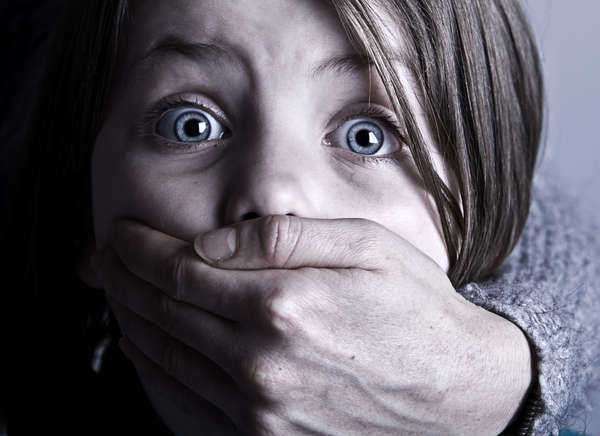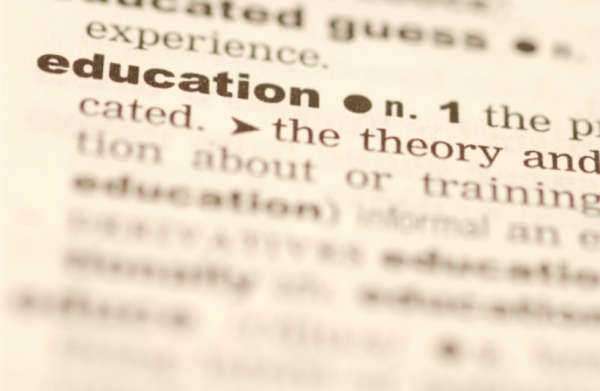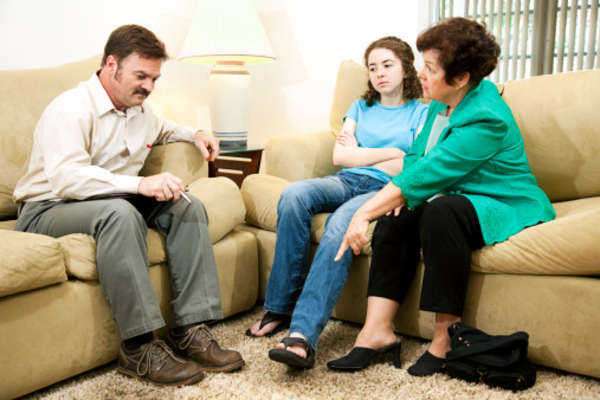Beware Abuse Begetting Abuse




Many
organizations offer parenting classes that have been developed in order to
teach parents positive parenting skills. They will also teach parents about
child abuse and how to stop child abuse. Many of these classes are aimed at
assisting families to develop effective means of providing care and support to
each other. They will teach parents how to communicate needs and desires, as
well as effective ways to express and recognize both physical and emotional
necessities.
These
classes may inform parents of the causes, effects, risk factors, and any other
information about child abuse. They may also teach parents how to prevent or stop
child abuse. These positive parenting classes will teach parents acceptable and
successful ways to discipline a child. They will also teach parents how to
effectively manage anxiety and stress.
Parenting
classes may provide parents with concepts and ideas of regular activities that
may be scheduled in order to bring the family closer together and promote
bonding. Many of these organizations provide parenting classes free of charge.
These organizations may also provide separate classes that are specifically
about child abuse and how to stop child abuse.
Parents may
be encouraged to attend child abuse classes. However, these classes are often
used to inform the general public about child abuse, the signs that child abuse
is occurring, and the effects that abuse will have on a child. It will also
teach individuals how to report child abuse and how to stop child abuse. Informing
both parents and the public about child abuse is one of the best ways to
prevent child abuse.
 Therapy is one of the primary sources that families turn to in order to receive treatment for child abuse. Child abuse therapy works against child abuse by confronting both the factors that are causing the abuse, as well as the effects of the abuse that the child has sustained. Both the abused child and the parent or the guardian can benefit from this therapy.
Therapy is one of the primary sources that families turn to in order to receive treatment for child abuse. Child abuse therapy works against child abuse by confronting both the factors that are causing the abuse, as well as the effects of the abuse that the child has sustained. Both the abused child and the parent or the guardian can benefit from this therapy.
